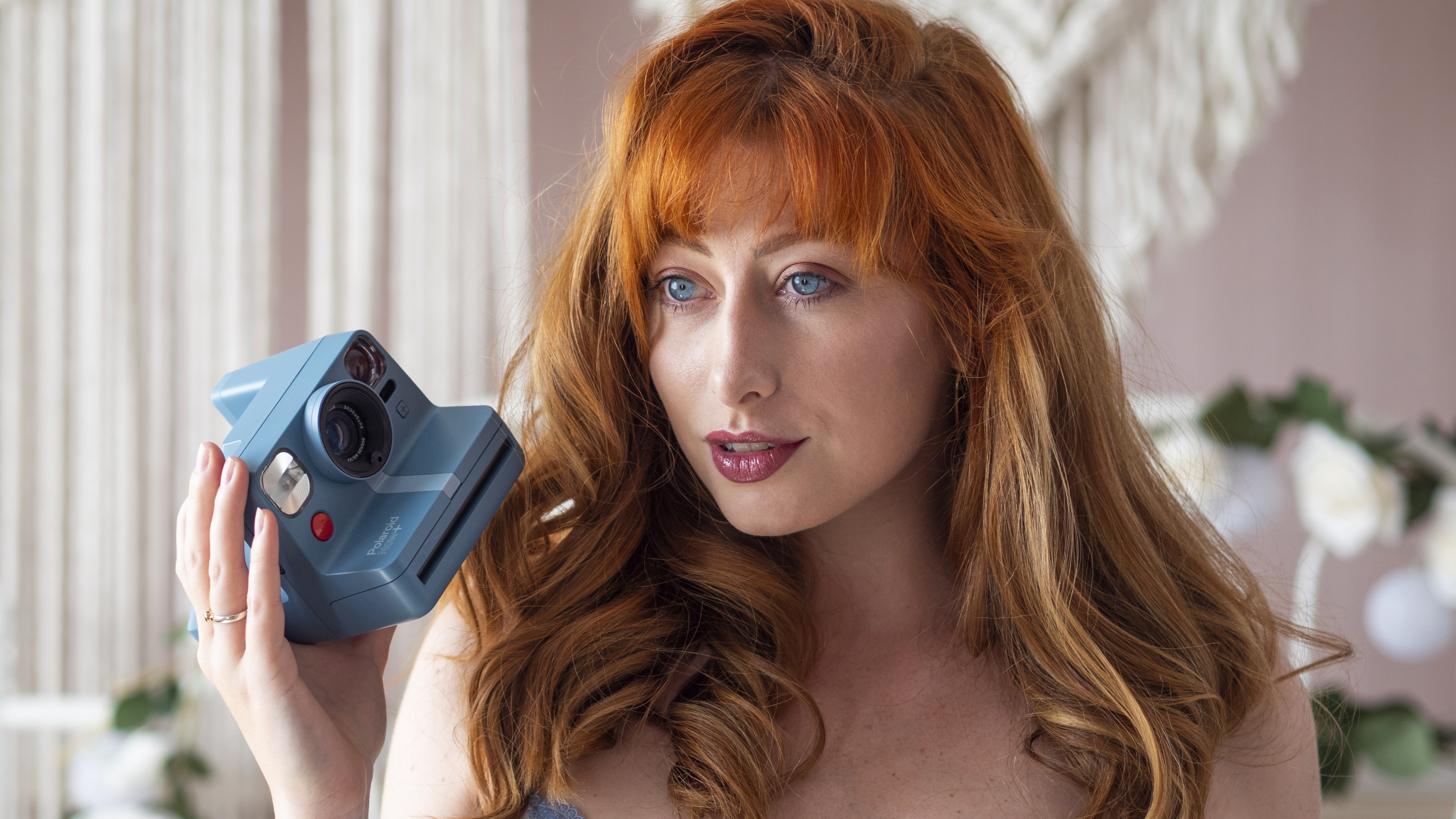Photographers are wrong – it IS okay to use AI 'glamor effects' in this day and age
Facetune? Faceapp? Photographers might look down on AI glamour effects… but they can deliver better images, happier clients and more money faster
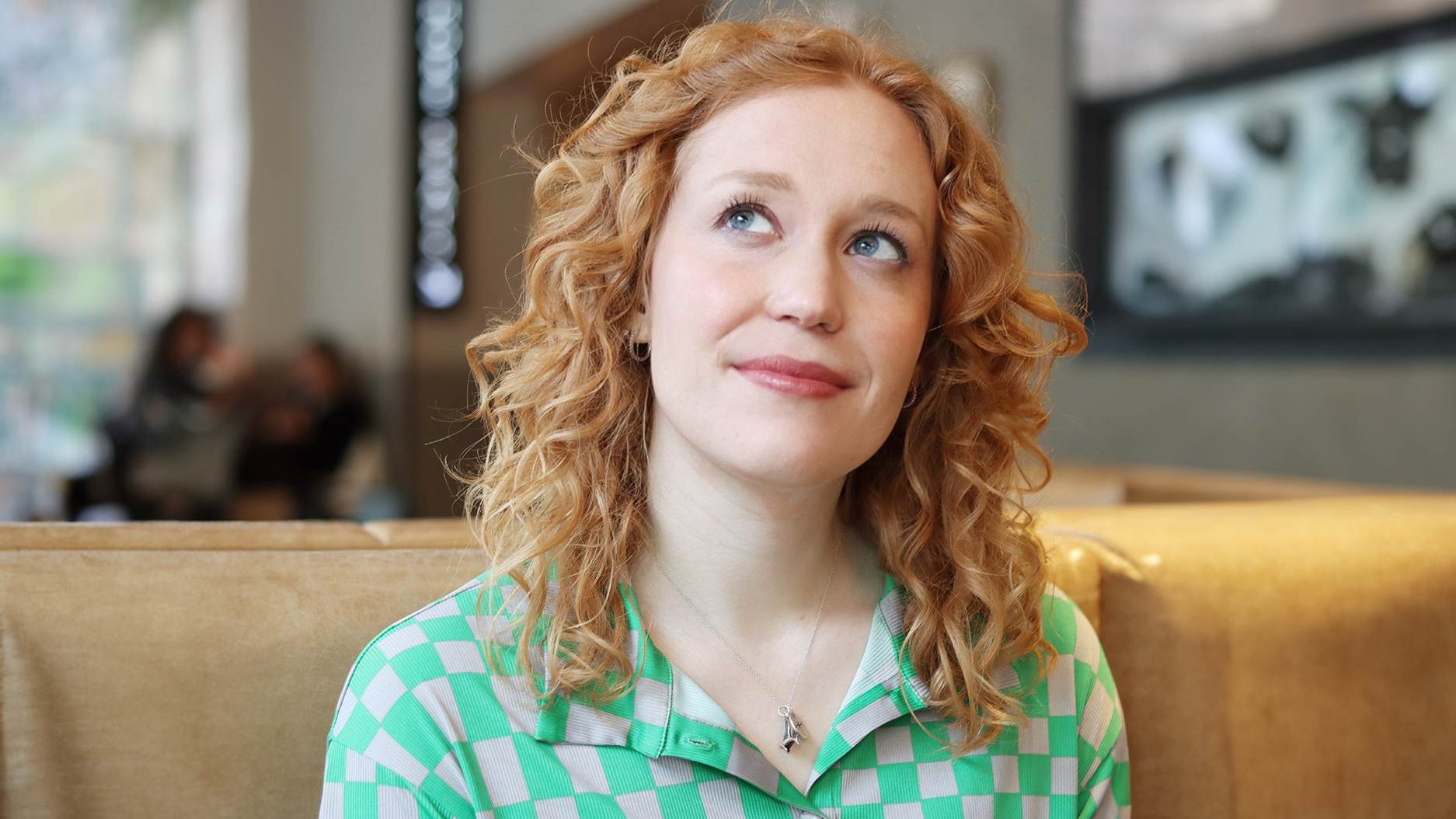
The best camera deals, reviews, product advice, and unmissable photography news, direct to your inbox!
You are now subscribed
Your newsletter sign-up was successful
Let's be honest: everyone wants to look their best. When you wake up in the morning, you rub the sleep out of your eyes, remove anything green dangling from your nose and brush your teeth (or at least, I hope you do).
If your eyes are bloodshot, you might use eye drops. If your teeth are yellow, you could use gels in whitening trays. And if you're a woman off to work, chances are you do your hair and put some makeup on (admittedly, guys tend to have a more low-effort approach to maintaining their appearance, though guyliner and manscara both exist).
I see no difference between beautifying ourselves in real life and retouching photos. Most of the time, unless a client asks me to use beauty filters, I'm just whitening their eyes and teeth, smoothing their skin and – for women – defining their eyelashes.
These are all effects that can be achieved using makeup, eye drops and teeth-whitening gels, and if the client has neglected to do this or it hasn't occurred to them, I can give them a glow-up in post. I genuinely enjoy seeing how much better I can make photographic subjects look, and they're usually very pleased with the results. After all, who wants veiny eyeballs and brown teeth?
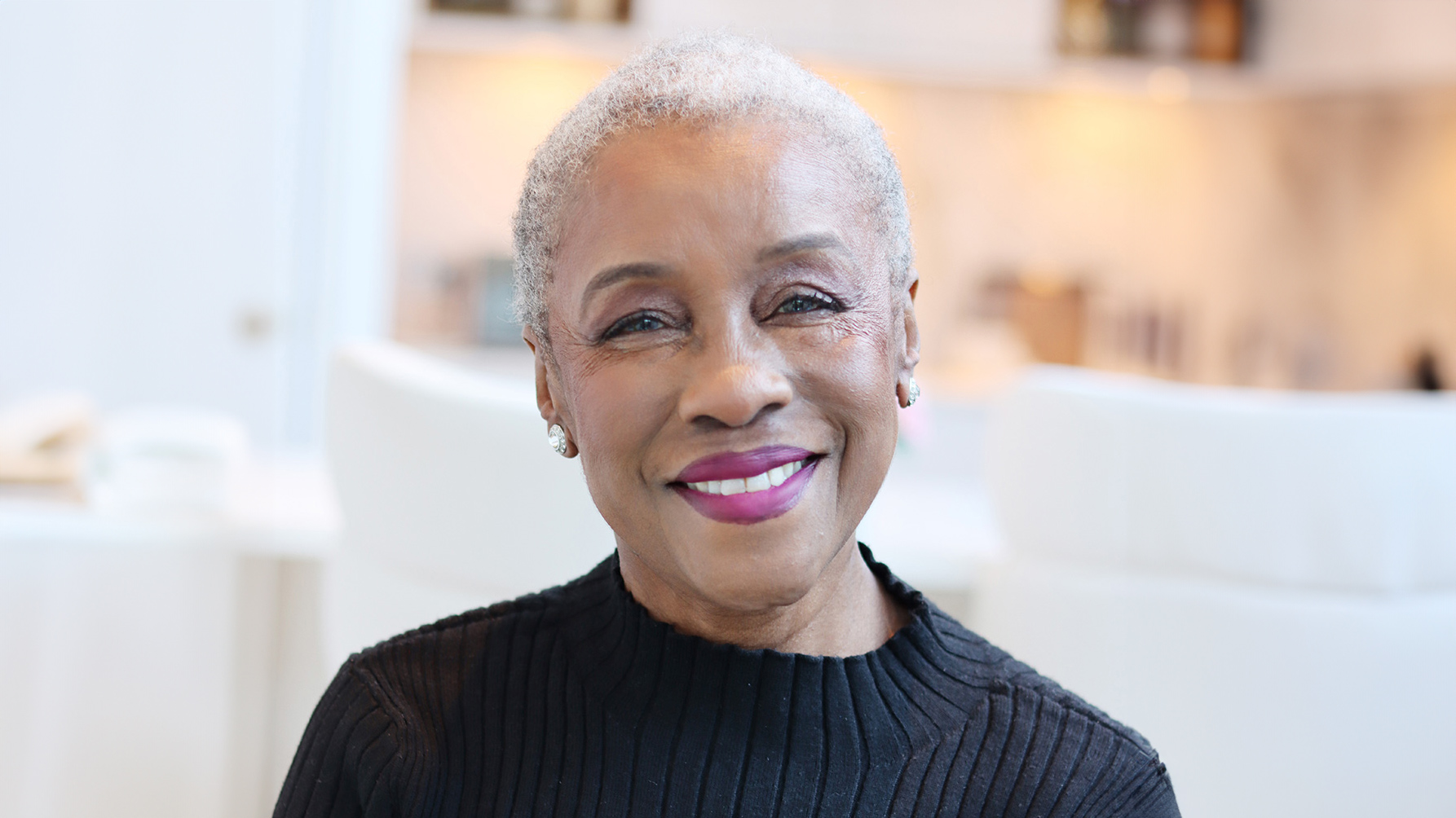
But the purists hate retouching. "I try to get it as good as I can in the camera," one veteran photographer told me. To which I thought, well, surely all shooters do that?
The thing is, the camera can only capture what it sees, and if that's a yellow-toothed smile then there's nothing the photographer can do about the color of the subject's teeth while snapping away. We can only fix their appearance by editing in post.
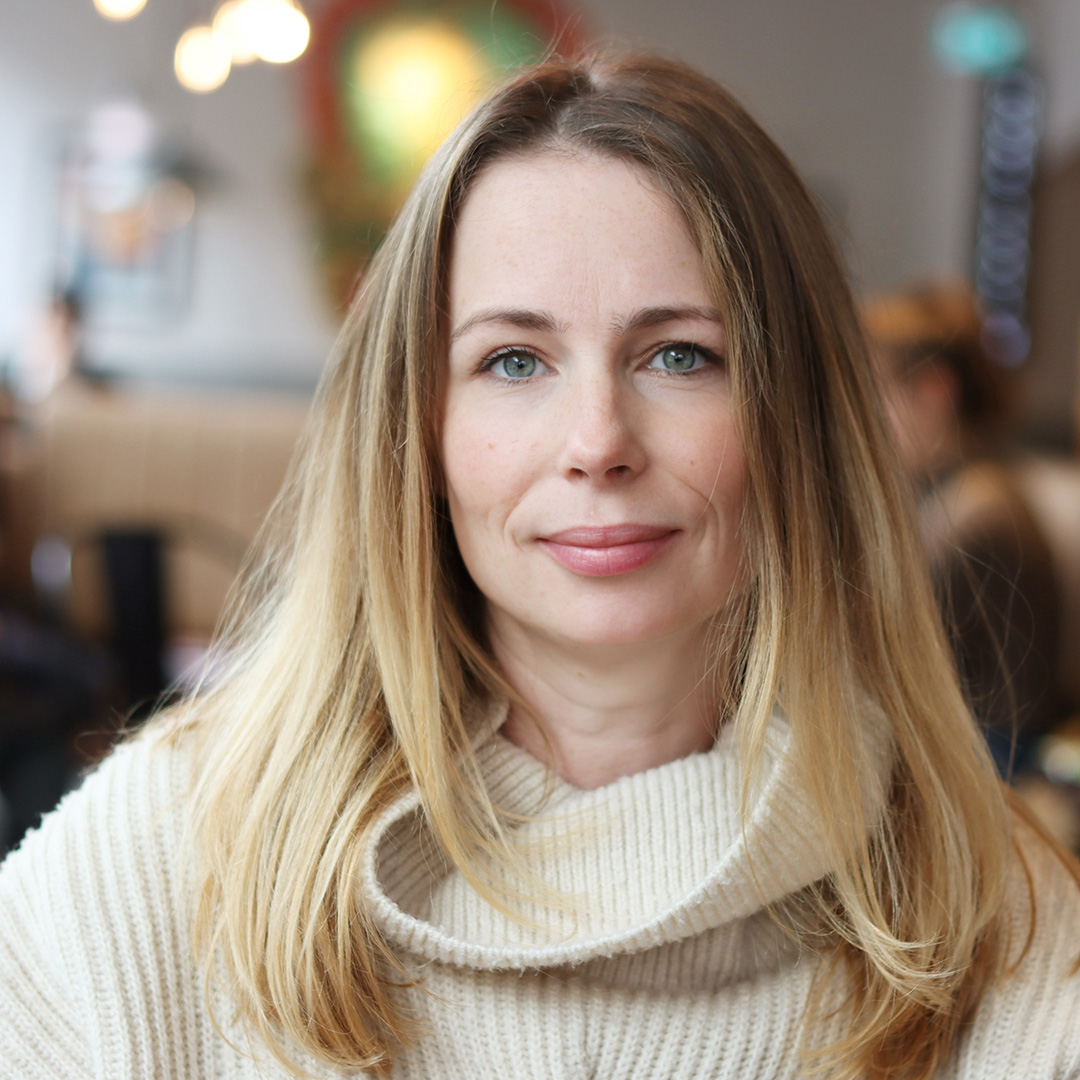
Purists doubly hate that I use AI tools rather than Photoshop – which some grumpy photographers grudgingly admit to using for the adjustment layers, but only for them, damnit!
The best camera deals, reviews, product advice, and unmissable photography news, direct to your inbox!
The reason I use FaceApp and Facetune is because edits that would take me ten minutes in Photoshop take me ten seconds in these apps. Sure, Photoshop is a lot more versatile and broad in its scope – it enables you to do pretty much anything you like to a photo. But if your focus is merely beautifying a client, then the apps are way more efficient.
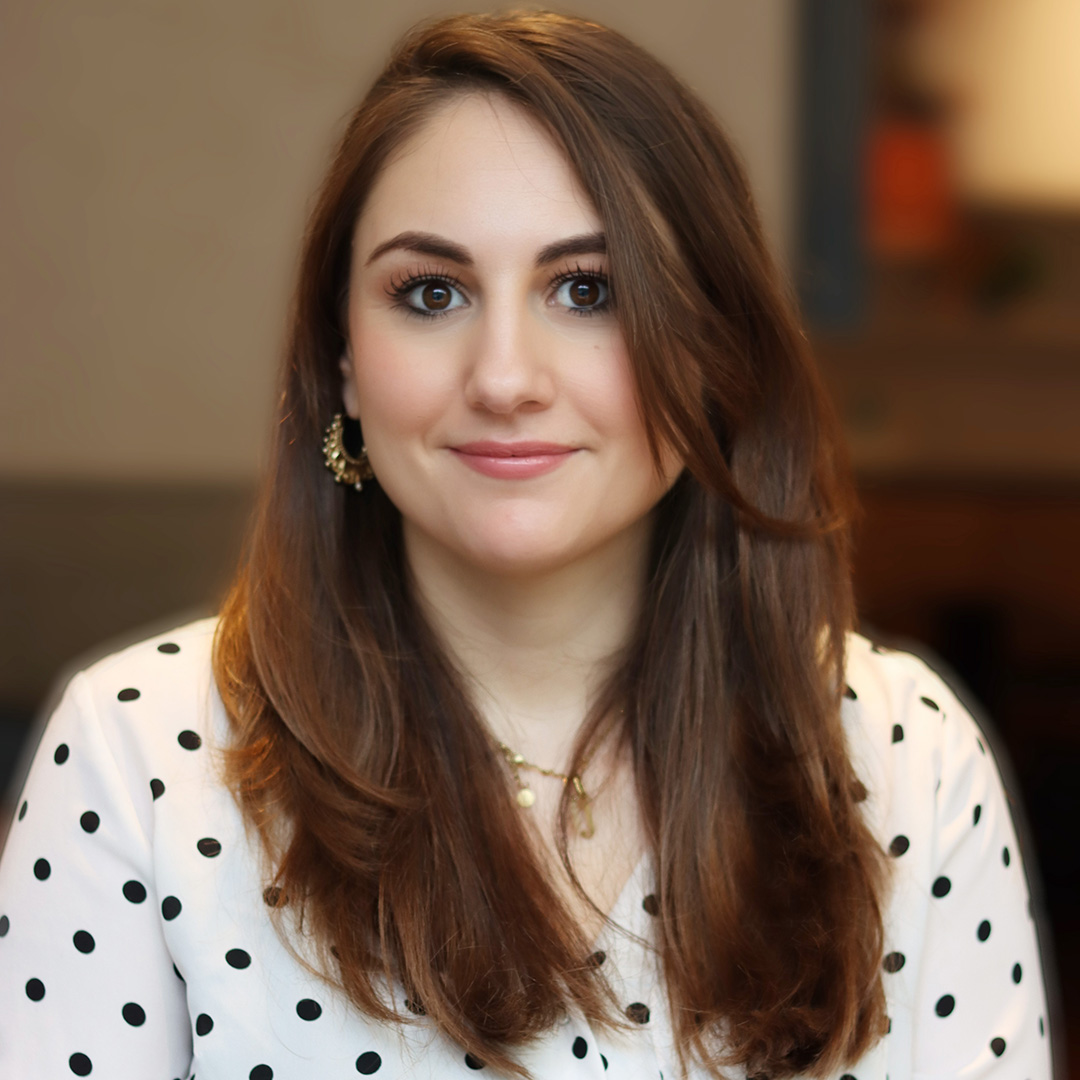
The other reason to improve a client's appearance is that for my subjects, who are mostly journalists and authors, they are competing in the appearance stakes with other public figures, many of whom will be using AI apps to their advantage.
FaceApp only costs $47 and Facetune $81 for a year's subscription, so these apps are well within the reach of the average person – and they're extremely easy to use, too (far easier and cheaper than Photoshop, especially for those with no photo editing experience).
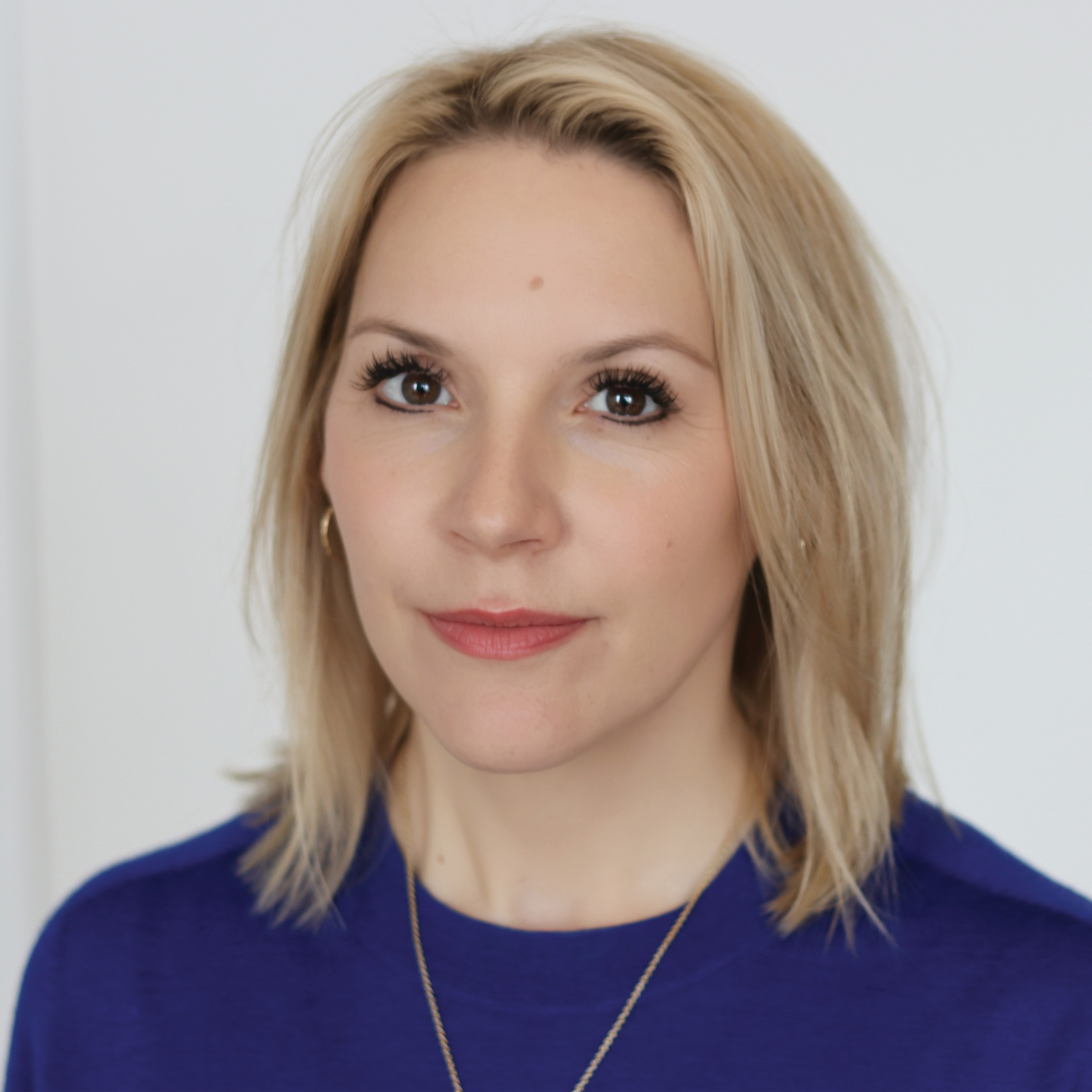
Sure, on the one hand, I have a teenage daughter and am aware that I'm contributing to the unrealistically perfect images that litter the internet and, in some cases, lower young people's self-esteem. However, it's not as though the surfeit of images will all cease if I desist from beautifying my clients – my daughter will just have less pocket money to spend.
And, conversely, I'm making my clients feel better about the way they look and the way they present themselves online. Because we all want to look amazing, regardless of how we get there.
You might also like…
Check our guide to the best lens for portraits and the best camera for portrait photography. We also have a guide to the best Photoshop alternatives and the best Lightroom alternatives.

Ariane Sherine is a photographer, journalist, and singer-songwriter (under the artist name Ariane X). She has written for the Guardian, Sunday Times, and Esquire, among others.
She is also a comedy writer with credits for the BBC and others, as well as the brilliant (if dark) novel Shitcom.
Check Ariane Sherine Photography.
You must confirm your public display name before commenting
Please logout and then login again, you will then be prompted to enter your display name.
